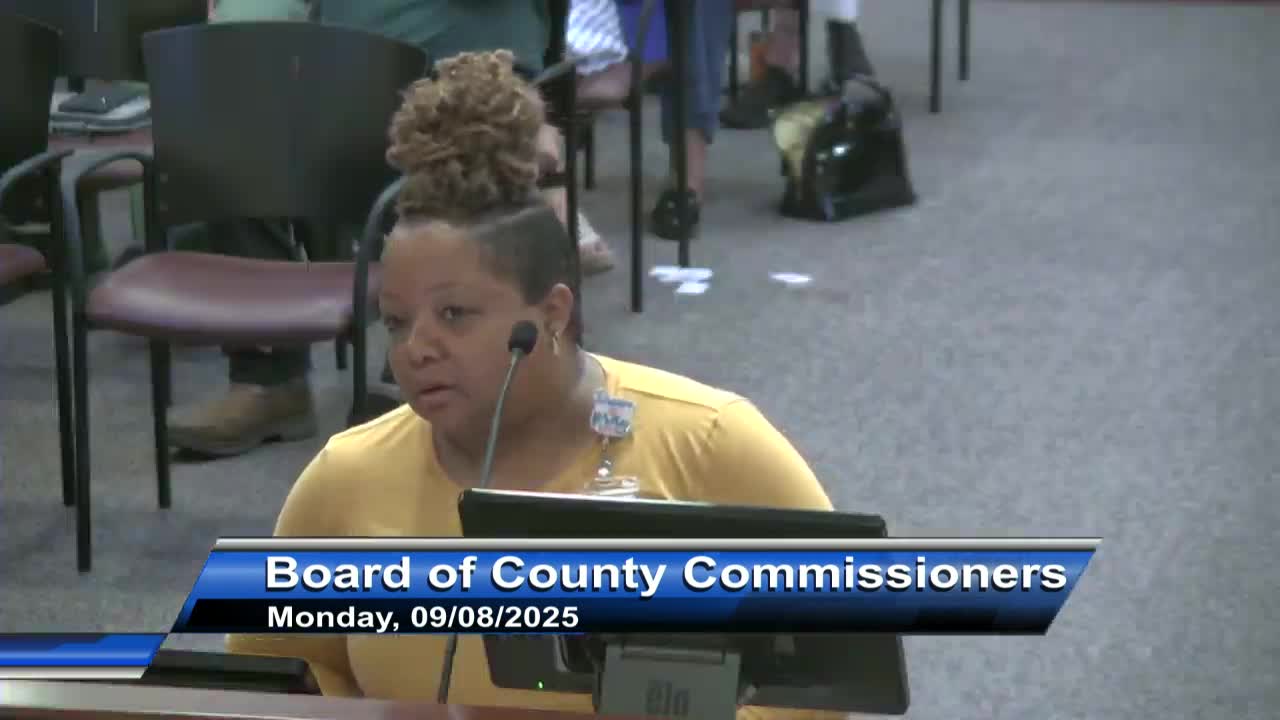Article not found
This article is no longer available. But don't worry—we've gathered other articles that discuss the same topic.
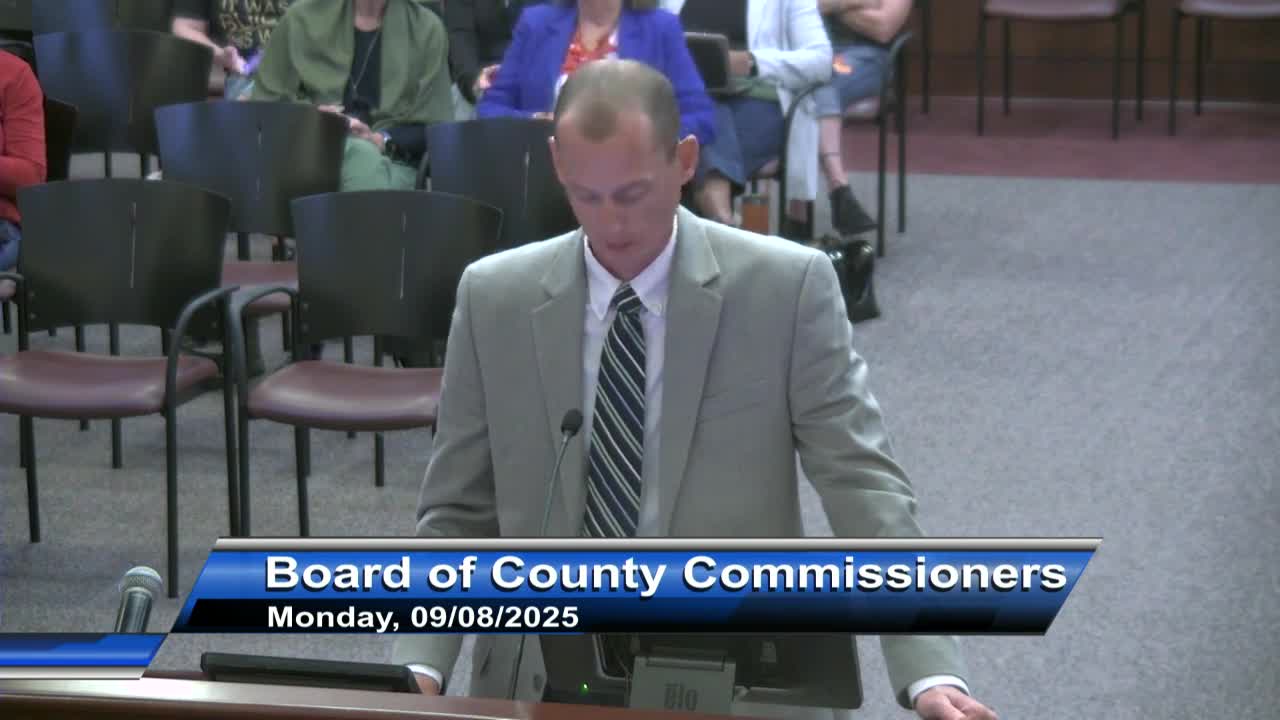
County to decline right of first refusal on two school-owned parcels so Board of Education can sell for Ashley Elementary funding
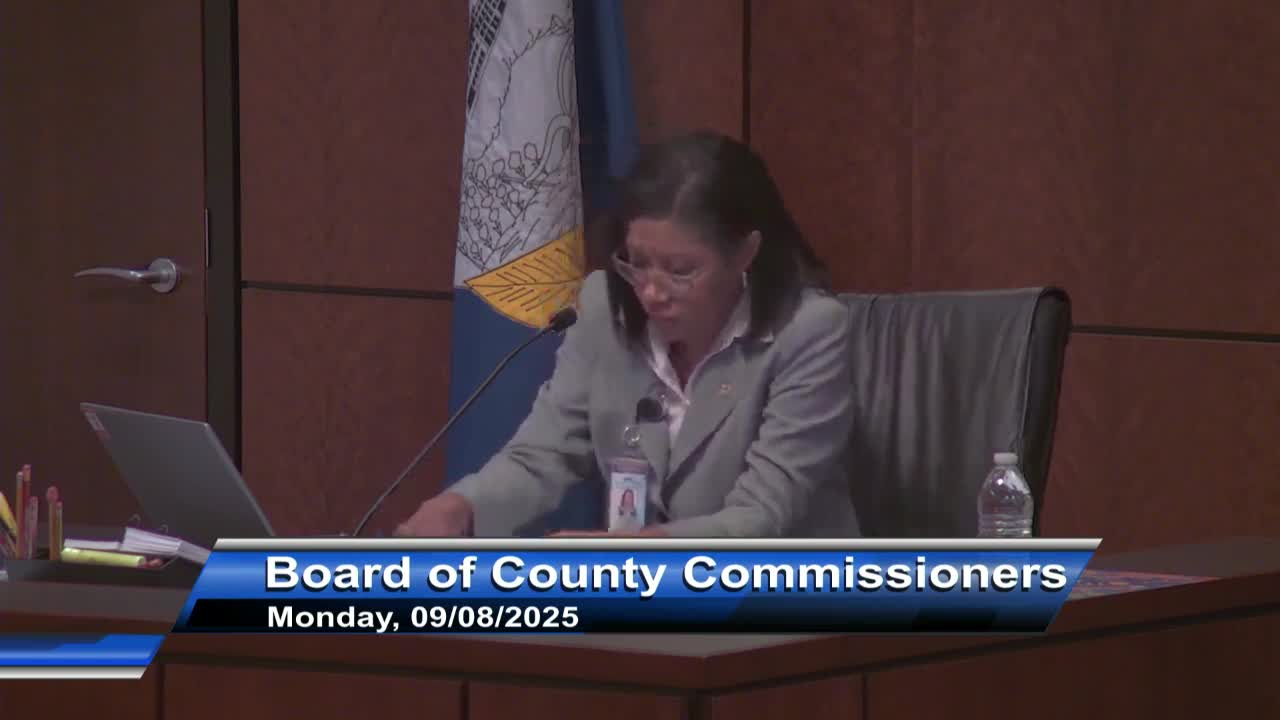
Commissioners consider fire and airport operations matters: reimbursements, contracts and a new Fire Commission
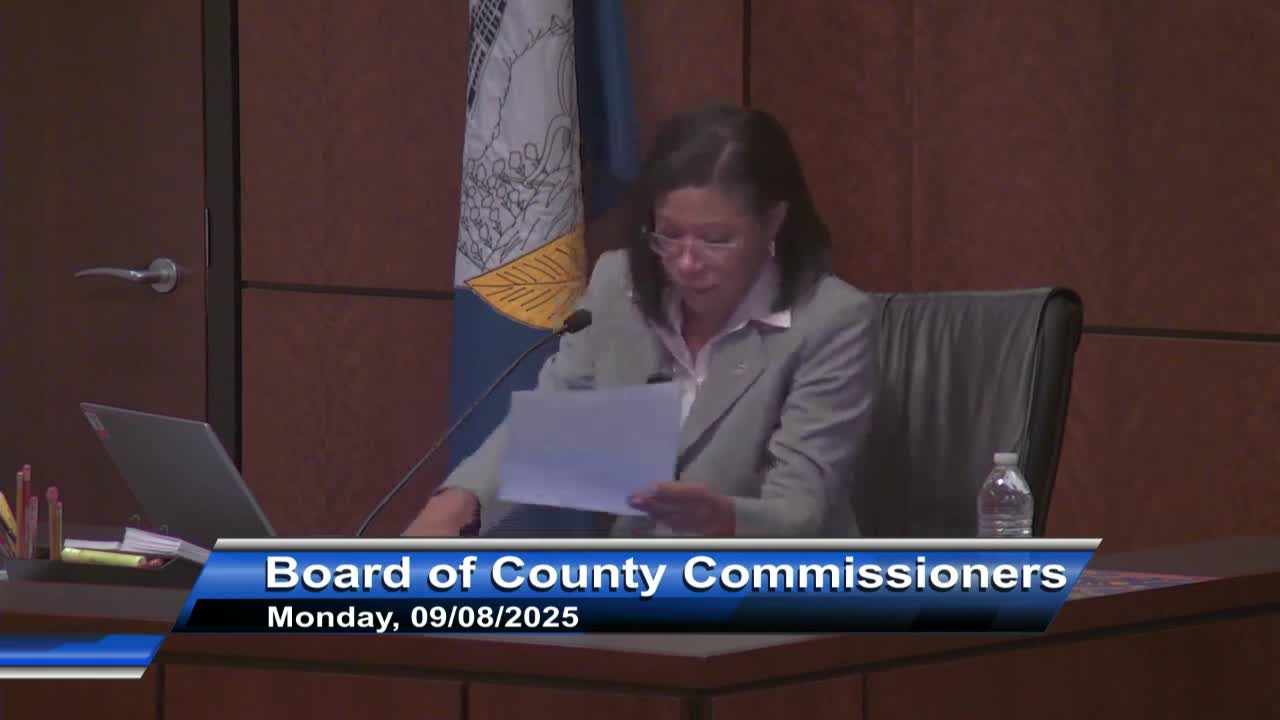
Forsyth County public health outlines contracts, grants and limits on COVID vaccine access
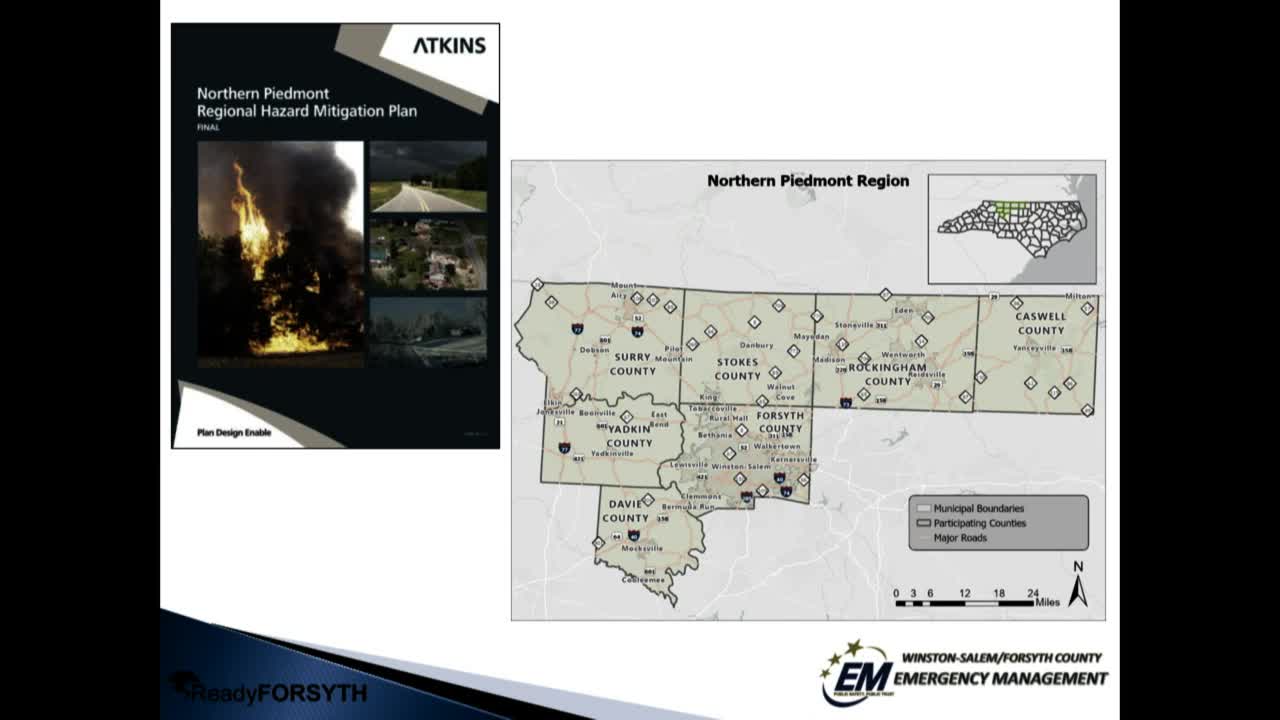
Forsyth County briefs commissioners on Northern Piedmont Regional Hazard Mitigation Plan and FEMA approval
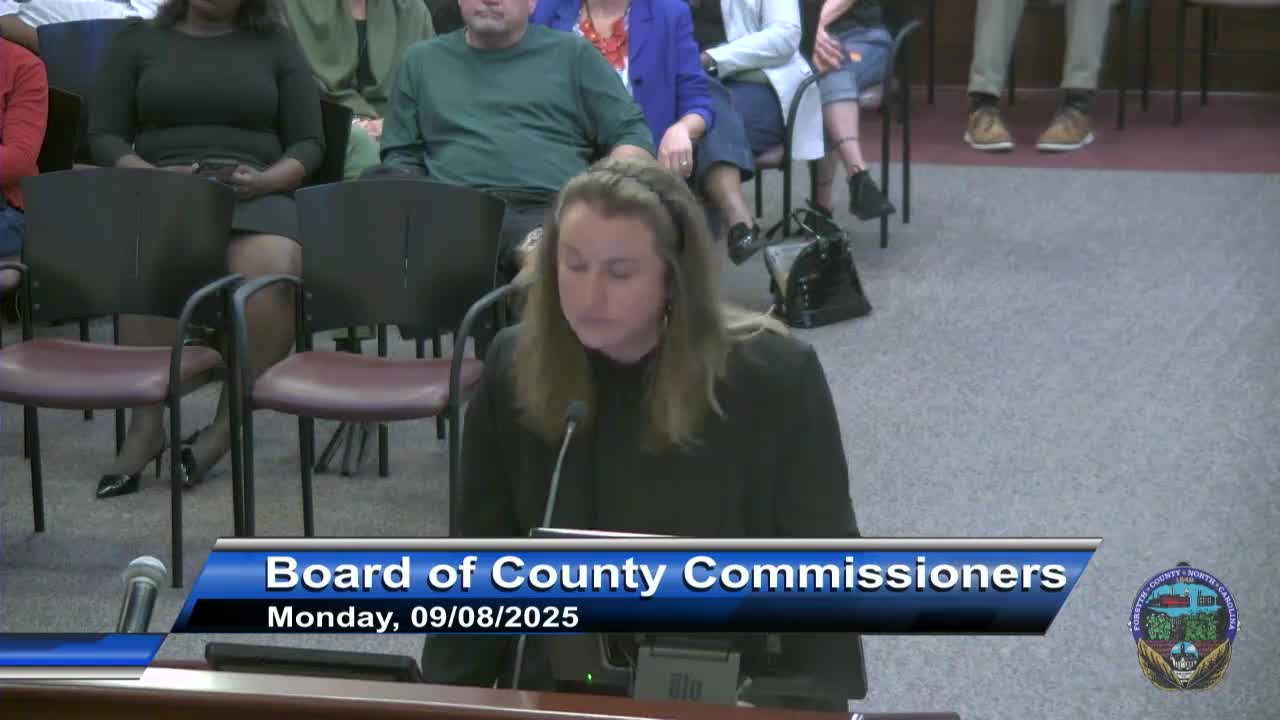
Forsyth County staff outline proposed incentive for "Project Touchdown," a chemical manufacturer considering a local site
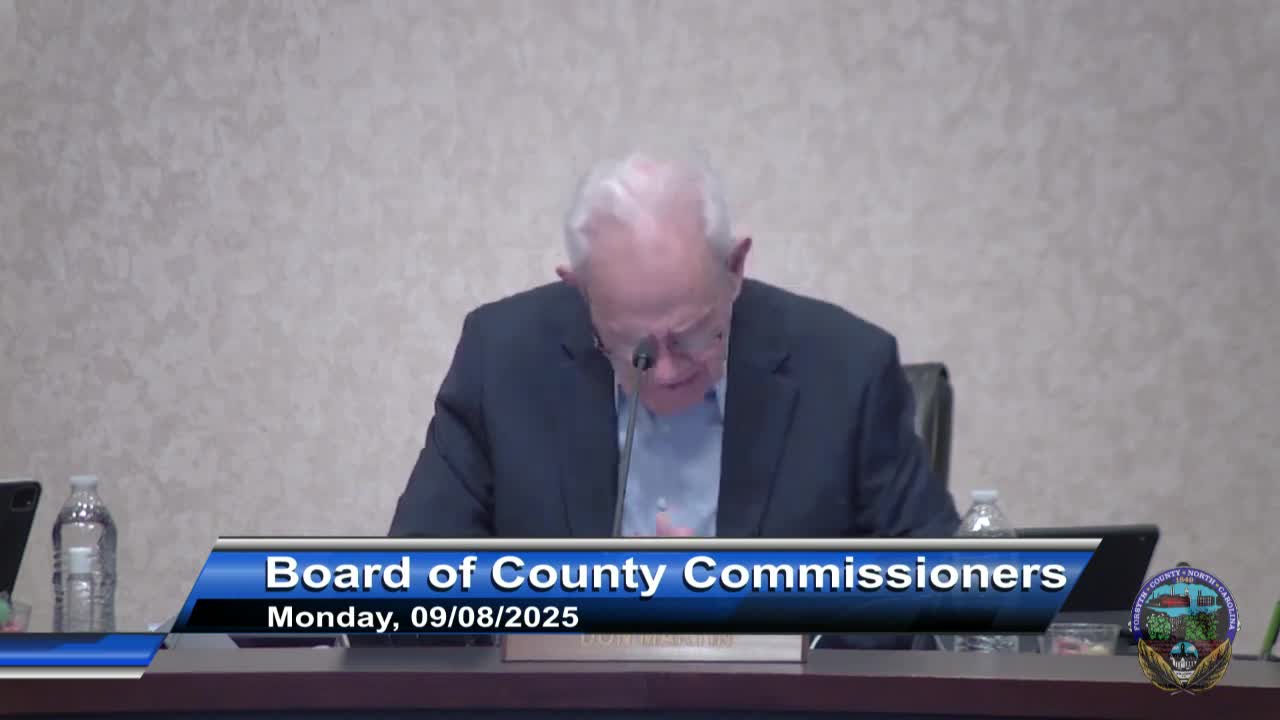
Forsyth County commissioners debate public remarks, school funding and equity concerns
